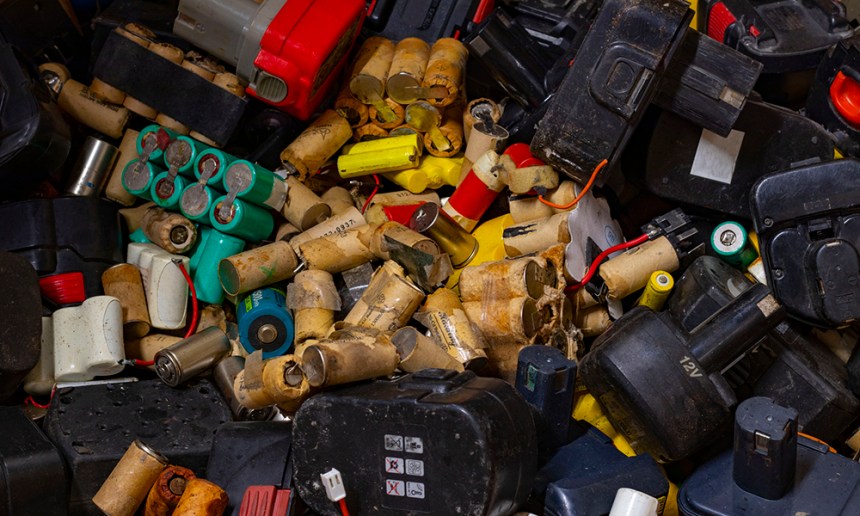Universal kerbside battery collections could save £6bn, report says

New research by Eunomia shows that implementing universal kerbside collections for waste batteries and electricals across the UK could save £6bn over the next decade.
The research, conducted by Eunomia for the Environmental Services Association (ESA), investigated the costs and benefits of various options for collecting small waste electrical devices and batteries at the kerbside.
If a kerbside scheme was rolled out today, Eunomia estimates that the number of waste fires would drop from over 700 a year to just over 100 and that the capital expenditure needed to implement the new service would equate to around 70 pence per household.
A coalition representing the waste management sector and local authorities has written to Circular Economy Minister Mary Creagh calling for “urgent policy reform” to implement universal kerbside collection of batteries and waste electricals,
The letter also calls on the Department for Environment, Food and Rural Affairs (Defra) to ensure producers of these products pay their “fair share” for these new services.
Eunomia recommends that the best way to address battery fires is to implement universal kerbside collections of batteries and small waste electrical devices as part of normal council recycling collections.
With the number of electrical products on the market set to rise, this problem will get worse without intervention.
In its report, Eunomia suggests that the best cost/benefit balance would be achieved by retrofitting existing refuse collection vehicles (RCVs) with external cages, where possible, to safely store batteries and small waste electricals while collecting them on existing recycling rounds.
This should be supported by both national and local communications campaigns, which would be enabled and made more cost-effective by a consistent approach across the country, the report suggests.
Leyla Lugal, Principal Consultant at Eunomia, commented: “Lithium battery fires are hurting people, the economy, and the environment. With the number of electrical products on the market set to rise, this problem will get worse without intervention.
“The only way to implement change effectively and cost-efficiently is through collective action, ensuring strong communications campaigns and widespread national engagement.”
In 2023, more than 1,200 battery-related fires in waste facilities or vehicles were reported and the problem is growing year on year – with a 70% increase in fires between 2022 and 2023.
The post Universal kerbside battery collections could save £6bn, report says appeared first on Circular Online.

